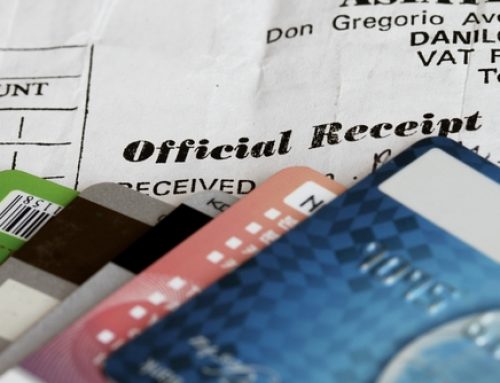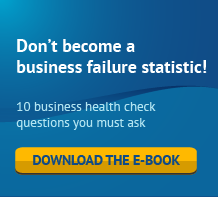It's your last chance to minimise how much tax your business pays for the 2016/17 year. Unfortunately, if your bookkeeping isn't up to scratch, you would not have accurate figures to determine whether you are making a profit or loss and you may not be able to discuss in any meaningful manner with your tax accountants. However there's still time to work things out, if you hurry! If your accounts are not in order, get them up to date promptly then see a good registered tax agent or accountant.
There are many factors to consider for tax planning, here are a few ways you can reduce your tax bill for the 2016-2017 financial year.
1. Maximise your deductions
Different rules apply for Small Business Entities (SBEs) and Non Small Business Entities (Non SBEs). Your first step is to determine whether you are a SBE or Non SBE. The basic requirement to be eligible for most of the SBE concessions for the year ending 30 June 2017 is that the business taxpayer's annual turnover (including that of some related entities) is less than $10 million.
For Small Business Entities (SBE):
1. Accrual of expenses – the following expenses may be accrued:
- Salary and wages bonuses
- Interest accrued on existing business loans and not yet paid
- Commercial bills – the discounted amount up to 30 June 2017
- Commissions – outstanding amounts owed to employees or suppliers
- Fringe Benefits Tax (FBT) instalment due but not yet paid by 30 June 2017
- Directors fees
2. Accelerating expenditure
All SBE taxpayers can choose to write-off depreciable assets costing less than $20,000 in the year of purchase. Also, assets costing $20,000 or more are allocated to an SBE general pool and depreciated at 15 per cent (which is half the full rate of 30 per cent) in their first year. Therefore, if you have any purchases lined up for the rest of the year, bringing them forward could enable you to reduce your taxes even further.
3. Prepayments
SBEs making prepayments of expenses (covering less than 12 months) before 1 July 2017 can choose to claim a full deduction in the year of payment. Some examples of expenses that can be prepaid include rent, lease payments, interest, business trips, training courses, business subscriptions and cleaning.
For Non Small Business Entities
Similar strategies are applicable but with more rules factored into them. It is advisable to discuss your tax planning requirements with a professional tax accountant or registered tax agent.
Deferral of income
Where cash flow is good, it may be possible to defer the derivation of income by:
- Deferring the invoicing of work in progress until after the 30 June 2017
- Deferring the receipt of interest and any other income until after the 30 June 2017
However, you'll only be able to do this if you know your business finances can take the short-term hit. And how do you work that out? By having your business bookkeeping (particularly cash flow statements and forecasts) in order. If you're not sure that your business accounts are up to scratch, talk to the Accountants Australia tax planning team to find out more.








